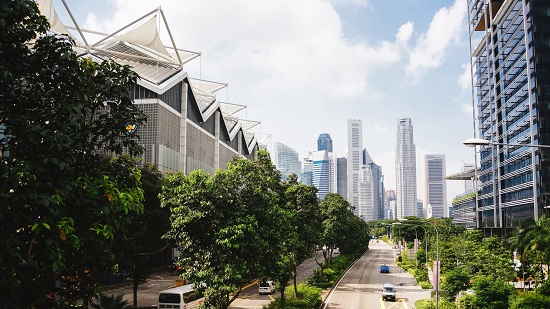 Friday, May 3, 2024
Friday, May 3, 2024  Friday, May 3, 2024
Friday, May 3, 2024 
Digital twins of buildings and cities could become an essential tool in the battle against climate change, according to technology experts.
These virtual replicas – computer models that use live data to create simulations of real-world objects and systems – can reduce the energy consumption of buildings in operation, proponents claim.
They do this by analysing a range of data sources, from heating and air conditioning systems to employee schedules and local traffic flow patterns. By identifying inefficiencies in these systems, digital twins can propose more energy-efficient approaches.
Digital twins can also lower the carbon footprint of new buildings and structures by optimising the energy efficiency of the construction process, and by tracking and controlling the supply chains of materials and products to reduce embodied carbon.
“In the cities, buildings and infrastructure world, I think the big driver for digital-twin adoption is around decarbonisation,” said Michael Jansen, founder and CEO of digital twin software company CityZenith.
“Digital twins can help at multiple stages in the process of making a building go from carbon-positive to carbon-neutral,” he told Dezeen.
In order to ensure global warming remains within 1.5 degrees Celsius of pre-industrial levels, the global economy needs to become net-zero by 2050, according to the 2015 Paris Agreement on the climate. This means ending all greenhouse gas emissions or negating unavoidable emissions with offsets that capture carbon from the atmosphere.
Software developers and tech entrepreneurs predict this will lead to a huge uptake in digital twin technology, as governments and commercial organisations face increasing pressure to reduce their contributions to climate change.
The UK government is already investing. With its Centre for Digital Built Britain, a collaboration with the University of Cambridge, it has launched a National Digital Twin programme to build an eco-system that connects digital twins across businesses, allowing them to more easily share data.
Sarah Hayes, outreach lead for the programme, believes digital twin technology could play a crucial role in helping cities achieve net-zero carbon emissions.